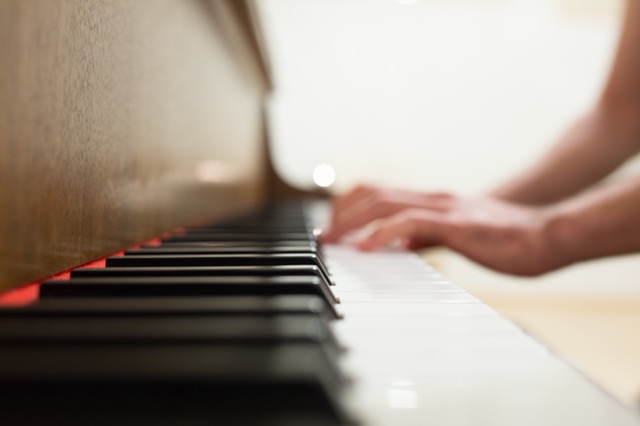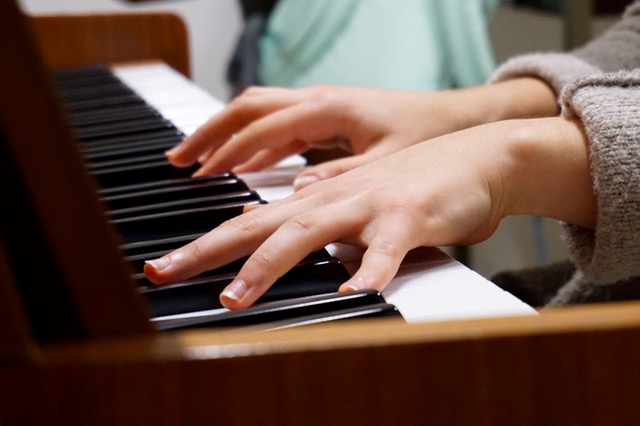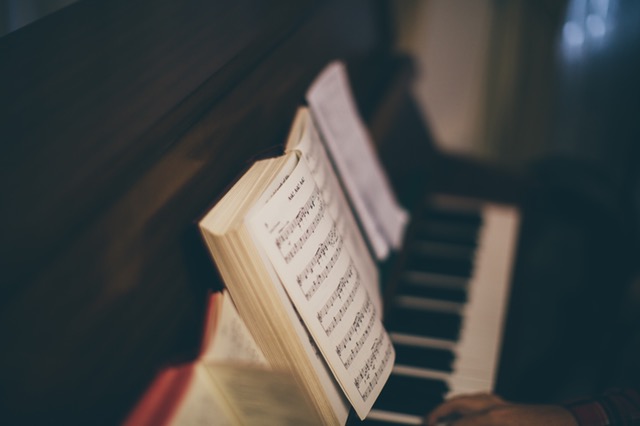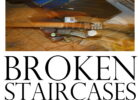It’s never too late to learn a new skill. There’s little truth in the adage of “an old dog can’t learn new tricks” – if you put your mind to it, anything is possible. Learning the piano is something that most people are taught in their early years, and either keep on as a hobby or profession or drop as soon as they are able. Whether you are just starting out or returning to music, there are some things that you have to keep in mind to help you progress.
Get Your Equipment Ready
The only thing that you need at home to be able to learn to play the piano is, well, a piano. There is no point putting yourself through lessons if you haven’t got anything at home to practise on. This is a skill that takes a lot of muscle memory to be able to master; as you progress, you will find that techniques such as playing smoothly (legato), playing short and sharp (staccato) and controlling the volume of your piece (crescendo for getting louder and diminuendo for getting quieter) is something that takes lot of work to master. Looking for the best pianos for your space, requirements and budget is something that you need to consider doing if you haven’t already got one. If you don’t have the room for a full grand or baby grand piano – and not many people do! – think about getting an upright or electronic. The benefit to the latter suggested is that it will never need tuning, saving you money each year.
Look For A Recommended Teacher
Don’t go for somebody who’s just advertising themselves as a teacher – you need to ensure that they have been recommended. Look to see what qualifications they have and whether they have done any musical grading. You ideally want somebody who is focused on your technique and how to develop it and guide it towards what it needs to be. If you haven’t got somebody being strict on your fingering and dynamics when playing a piece, to give you the full picture of what it should sound like and how best to achieve it – it’s a case of best practise.
Classical or Jazz?
These are the two main, and very different, styles of learning how to play the piano. If you are classically trained, you will learn all of the major and minor scales and utilise these to help you play pieces such as Mozart, Beethoven and Bach. Jazz is a different thing altogether; it takes a lot of experimentation and listening to jazz music, as well as taking more note of the music theory that goes with the practical. If you have already been classically trained, you need to throw the rulebook of everything that you already know out of the window and go against the grain of what you’ve learned. Whereas the right hand is the dominant melody in classical, it’s the left in jazz while the right improvises. Go with which style you feel the most comfortable with; as long as you enjoy it, it’ll sound great.









